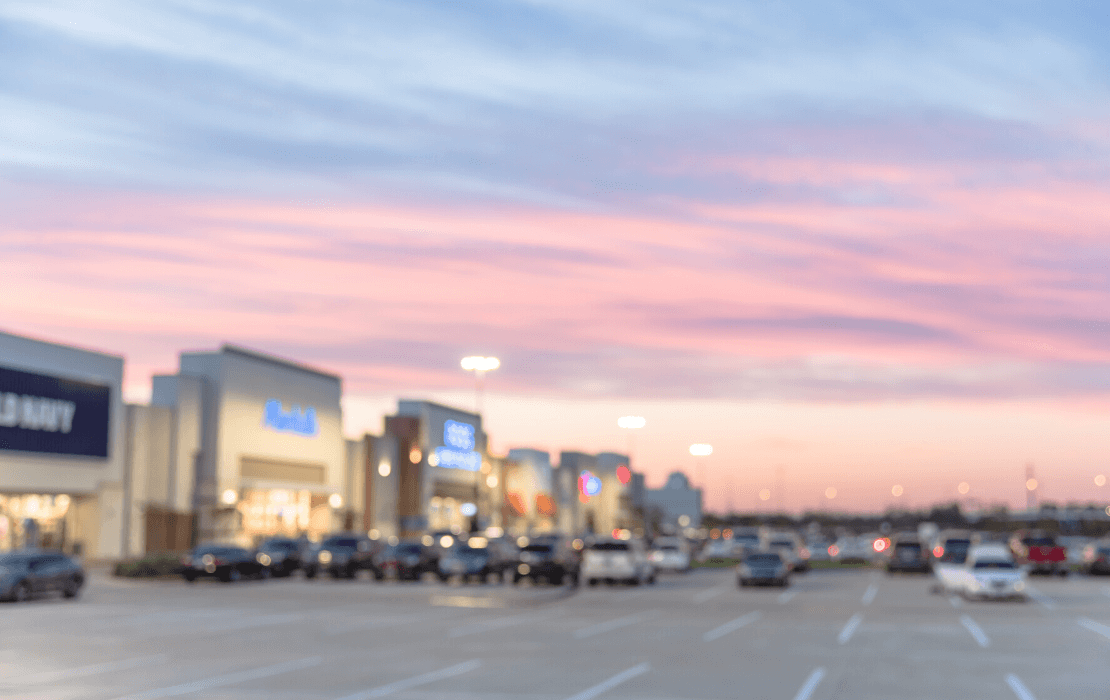Going above and beyond with curbside
Curbside delivery programs have become incredibly valuable for businesses and consumers alike, especially as the world navigates the pandemic. For many companies, their curbside mobile apps have helped keep their businesses afloat during a period where many people are reluctant to leave their homes, let alone step inside of a restaurant, grocery store, or retail outlet.
Supporting customers with curbside concierge
While the majority of the world was able to fall back on digital solutions to get their groceries, order dinner, and stock up on household goods like toilet paper, some people still struggle to use their phone or a mobile app and may be forced to venture out to a store (even if they don’t want to for health and safety reasons).
But what if there was a way for customers to use your curbside mobile app in conjunction with your trained staff? (Especially during a time when interacting with people outside of your quaranteam is very limited!)
Combining the helpfulness of a store associate with the convenience of technology
There are entire business models built around the idea that customer service can make or break a company, which is why you hear things like, “how can I help you?” and “did you find everything you needed today?” when you enter or leave a store. You may even work directly with an associate when trying on a new dress or work pants – all of these help build a brand and reputation between a customer and the companies they love. With COVID-19, consumers experience these little moments less frequently. Technology has started to replace many human interactions that we have every day which made me think: is there a way to combine these human to human connections with the convenience of technology?
There is certainly a case for this for some businesses, but it should be carefully considered. Some questions you should think about when deciding if curbside concierge is right for your business include:
These questions scratch the surface, but are a good starting point for your business.
Who benefits from curbside concierge?
While we’ve mentioned that this may help the less-than-tech-savvy audience, there is also a widespread number of people who may really like this offering, including:
Turning your back-end operations into customer-satisfying, revenue-generating resources
In a previous blog, The Top 5 Myths Around Launching a Curbside Delivery Program, we talked about the misconception that implementing curbside will displace your current employees. With a curbside concierge program, you can utilize employees in a new way allowing you to limit the number of customers in your store, streamline your intake order process, and deliver the one-on-one experience that customers deserve – all while keeping them and your team safe.
Contactless payment options can be easier with curbside concierge
At Mobiquity, we believe that if you’re strategizing ways to become more safe and convenient for your customers, it’s important to also consider how payments can become touchless. We’re experienced in digital onboarding & eKYC services, allowing you to make digital payment and identity verification simple, secure, and efficient for customers.
Is implementing a curbside concierge difficult?
Developing a curbside delivery program can be complex, but at Mobiquity, we’ve created several accelerators to help businesses at every level set up and deploy a curbside offering.
We can help you kickstart your program in just 8 weeks. Want to get started? Let's talk.
Mike Welsh is the Chief Creative Officer at Mobiquity, leading a team of experience architects, experience designers, and conversational designers to deliver engaging and compelling solutions in collaboration with engineers who bring these solutions to life. He has been doing this for over 27 years, having joined Mobiquity near it’s beginning. Mike notes that what originally drew him to his role is the ability to transform experiences for companies and their customers. What keeps him and the team engaged is the opportunity to find out what truly transforms human experience and then bring it to life. He’s a firm believer in the power of a team and its ability to create impact derived from insights. Mike makes no special claim of expertise or experience because every engagement is a team effort. Each time he and the team engage with a client’s challenges and opportunities, good things can happen. Curiosity and a core belief that some of the best work comes when a team understands the humans behind their work is central to understanding the role that technology can play. Mike’s time spent with clients and teams includes work within creative, business, and technology fields, bringing many skills to the table including: experience strategy, experience design, product strategy, and product design. His industry knowledge within these functions spans healthcare, retail, ecommerce, and financial services and he has lectured on these topics at University of Pennsylvania, Drexel University, Moore College of Art and Design and various conferences. In addition, Mike holds a Nielsen Norman Group UXC certificate working toward master certification. While no one is a bigger Mobiquity champion than Mike, much of what fuels his passion comes from the time he spends away from work. He is a father of three, an avid runner, traveler, cook, and outdoorsman. A voracious consumer of audiobooks, Mike is always learning and drawing connections about how we can make a difference today for our future selves. When thinking about what’s to come, Mike believes that artificial intelligence, immersive storytelling, and machine learning will play a significant role in defining experiences humans have with technology.
Leave your details below and we'll be in touch soon.
